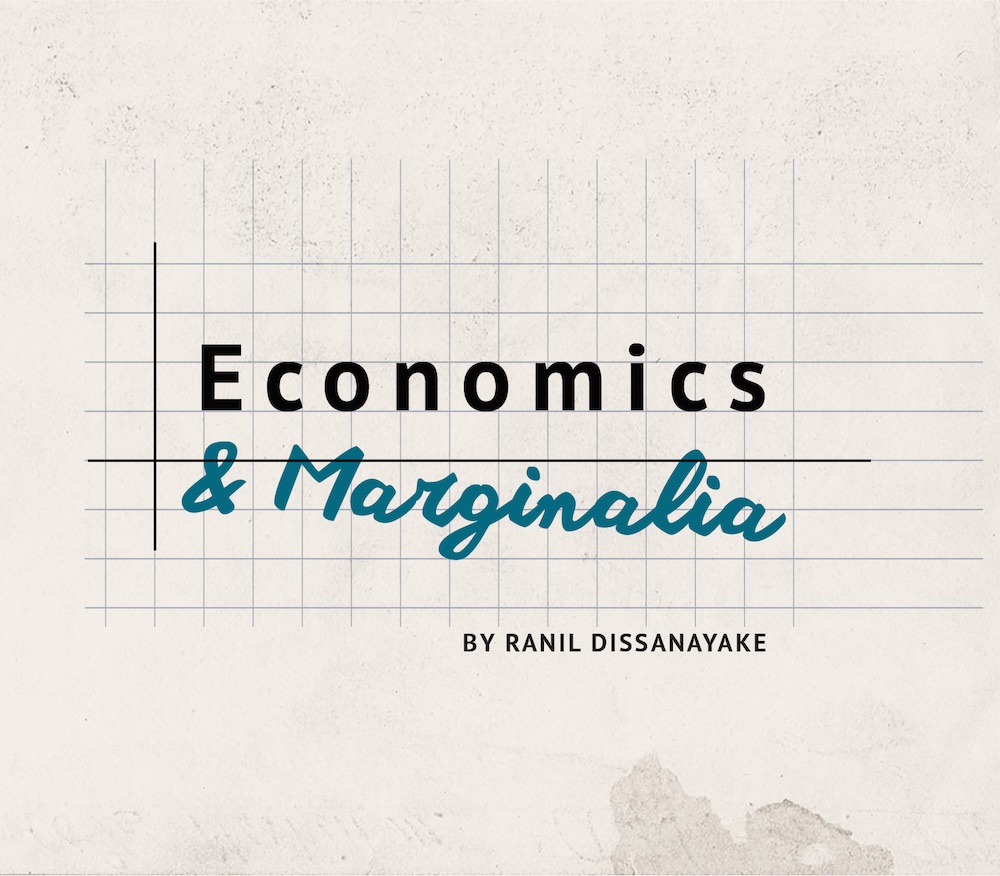Recommended
Hi all,
What a week, eh. In the UK, the Covid inquiry is kicking into overdrive, with Matt Hancock in this week and Boris Johnson next week, leaving observers with the difficult task of distinguishing fact from… um… well, the other thing (at least, according to the other witnesses to the inquiry, and their reputations). Meanwhile, the Prime Minister was accused by another Tory Grandee of having a hissy fit over the Parthenon marbles (perhaps the only illegal sea arrival he isn’t desperate to find away to a way to deport). On each side of the pond we’ve lost a well-known political figure, though the responses to the much-loved Alistair Darling’s passing have been rather different in tone than to Kissinger’s death (this is a mild one: google the Rolling Stone headlines if you want to see the less-mild denunciations). And to top it all off, we lost Shane MacGowan yesterday, which, honestly, has felt like losing a slice of my history. More on him later.
-
Here are two sentences from Diane Coyle that tell you just about everything you need to know about the economic life of the UK (indeed, they tell you rather a lot about our politics, too). First, “unless productivity is rising, living standards stagnate”; and second, “productivity is flatlining in the UK, diverging sharply from its previous year-by-year growth”. Diane cuts through huff and puff to pinpoint the reasons with complete clarity (FT, may need registration), long-term underinvestment (in basically everything; after the last 15 or so years, we have become publicly impoverished), and policy churn. The latter is something worth talking about more. I teach Masters students about the use of evidence in policymaking, and one line I often use is “it is difficult to influence policy, and this is a feature, not a bug of the system. A government that is too easily persuaded would be hopelessly incoherent.” Apparently, that warning has not been heeded in this country; and the institutions that are supposed to prevent it have instead evolved to facilitate constant change.
-
Meanwhile, for less-depressing reading, I continue to recommend the Development Impact Job Market Papers series, which will constantly make you chuckle at the ingenuity and quality of young economics researchers. I was a big fan of this one, by David Qihang Wu, which involves an experiment helping firms hire workers more efficiently, with the surprising discovery that increasing their ability to find and interact with college graduates reduces their perception of their value and productivity—and thus makes them more likely to hire a non-college grad from their usual sources. There were also good blogs on trade-offs in education policy; the large impact of competent and successful bureaucrats in South Korea’s industrial policy (this one is particularly good); and talking yourself out of discrimination.
-
At OWID Saloni Dattani has a really clear and well-illustrated explainer of the difference between cohort and period effects, and the sometimes startling differences between them.
-
I genuinely can’t remember whether I linked this one when it came out in the FT, but let’s celebrate its emergence from the paywall anyway: Tim Harford on the ‘bat-and-ball’ problem most of you have probably encountered as an attention test or a cognitive test in a survey some time or another. He discusses research that shows that even when people are told explicitly what the answer is, and what to write down, around 20% still get it wrong. This doesn’t surprise me: I’ve run a bunch of survey experiments, and in some of them, I’ve used cognitive tasks that are way, way below the level expected of the respondents (often well-paid and quite senior people working in highly effective organizations); and it always surprises me how many people give wildly wrong answers to straightforward questions (I’ve also had the same experience with people selecting the wrong answer, even when explicitly told right above it what the right answer is, in bold).
-
I often talk about the problems of science in the links; but there is relatively less talk about the problems of the movement to fix science. Andrew Gelman, who is supportive of the Open Science movement, discusses many of them (with colleagues) here. Well worth reading.
-
Ken Opalo on Museveni. It should be completely self-recommending, but just in case it isn’t: I can’t recommend this highly enough.
-
I’ve been almost dreading writing this one. That Shane MacGowan died younger than the rest of his cohort is unsurprising but (like Mark Lanegan in 2022) his death leaves a void just because he soundtracked so much of my life. My wife and I were married to his voice (probably the greatest love song—or possibly paean to alcohol—ever written); I sang Navigator to put my infant son to sleep (more specifically, a medley of Navigator and You are Not Needed Now by Townes). And it’s not just me: reading these readers’ reflections in the Guardian reminds you of just how many people found meaning in his songs and lyrics: he had a song for all the emigrants and everyone with even a hint of a self-destructive streak, and for people who love London even though it’s not really home (I used to think Dirty Old Town was about London; it was in fact written for Salford). But, as he sang, it’s stupid to laugh and useless to bawl. RIP.
Have a great weekend, everyone!
R
Disclaimer
CGD blog posts reflect the views of the authors, drawing on prior research and experience in their areas of expertise. CGD is a nonpartisan, independent organization and does not take institutional positions.




